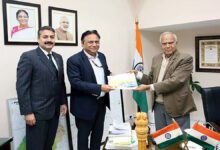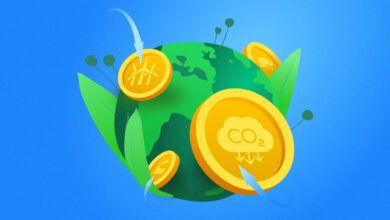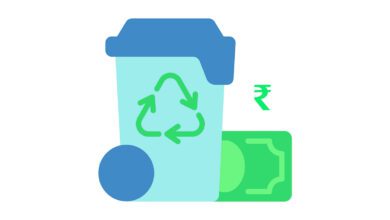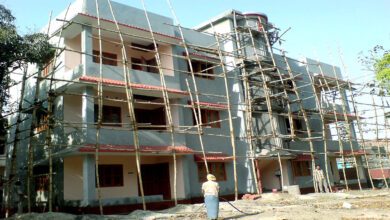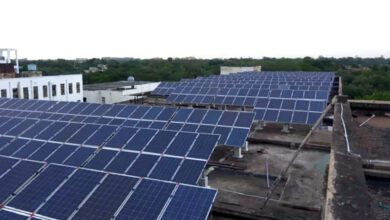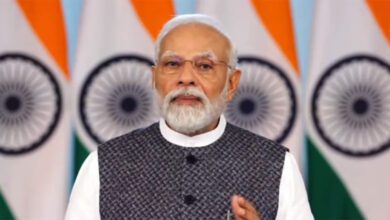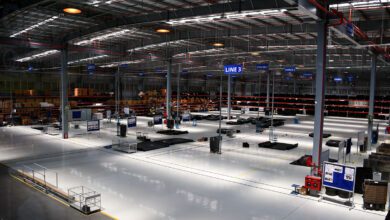The Pradhan Mantri Ujjwala Yojana (PMUY), launched on May 1, 2016, was initially hailed as a transformative initiative aimed at providing deposit-free LPG connections to the adult women members of impoverished households across India. Over the years, the scheme has achieved significant milestones, including the release of 8 crore connections by September 2019, indicating its success in reaching its target audience. However, as we assess the scheme’s progress and impact, it becomes evident that it may not be without its drawbacks.
In an attempt to cover the remaining economically disadvantaged households, the government introduced PMUY phase-2, also known as Ujjwala 2.0, in August 2021, with a goal to release 1 crore additional connections. While the target was achieved by January 2022, it’s essential to question whether the scheme is effectively addressing the broader issues faced by the beneficiaries.
As of July 2023, there are reportedly 9.59 crore PMUY beneficiaries, a staggering number that reflects the scale of the initiative. However, a closer look reveals that 8.41 crore beneficiaries have taken at least one LPG refill during 2022-23. This raises concerns about the overall usage and sustainability of the LPG connections provided under the scheme.
The consumption of domestic LPG by PMUY beneficiaries has seen a nominal increase from 3.01 (FY 2019-20) to 3.71 (FY 2022-23) in terms of a 14.2 kg cylinder. While this indicates a slight improvement, it is crucial to consider that several factors affect LPG consumption, including food habits, household size, cooking habits, price, and availability of alternate fuels. The increase in per capita consumption might not necessarily translate to a significant shift towards cleaner cooking practices.
One of the challenges lies in the scheme’s approach to encouraging LPG usage. The targeted subsidy of ₹200/- per 14.2 kg refill, limited to 12 refills per year for PMUY beneficiaries in 2022-23 and 2023-24, is undoubtedly a welcome step in easing the financial burden. However, the reliance on subsidies may not be a sustainable long-term solution. It raises questions about the potential burden on the exchequer and the eventual weaning off of subsidies for a growing number of beneficiaries.
The option of 5 Kg Double Bottle Connection (DBC) and swap option from 14.2 kg to 5 Kg cylinders, while providing flexibility, does not necessarily address the core issues related to increased LPG consumption and cleaner cooking practices. Additionally, offering up to 3 free refills to PMUY beneficiaries under the Pradhan Mantri Garib Kalyan Package from April to December 2020 was a temporary measure during challenging times, but it remains to be seen if such short-term incentives can drive sustainable behavioural changes.
Moreover, the special provision made for migrant families under Ujjwala 2.0, allowing them to use self-declarations instead of valid proofs for address and ration cards, may raise concerns about accountability and proper identification of beneficiaries. Ensuring that the LPG connections genuinely reach the intended target group becomes even more crucial in such cases.
While the PMUY has undeniably made strides in expanding LPG penetration and empowering women in poor households, it is crucial for the government to consider the broader implications and sustainability of the scheme. Merely releasing connections may not be enough to drive a meaningful transition to clean cooking practices. Instead, a comprehensive approach that might addresses the challenges faced by beneficiaries. Also encouraging a long-term shift towards LPG usage is essential to truly achieve the envisioned goals of the Pradhan Mantri Ujjwala Yojana.



